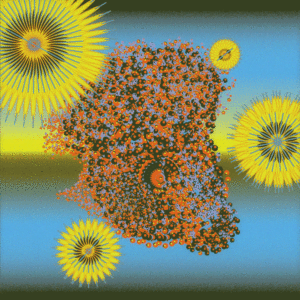‘An unprecedented period of biomedical discovery’
The crucial role of basic science in translational clinical research and patient care
Letter from the Dean
The definition of a cell — the smallest and most basic unit of life — belies its awesome power and astounding diversity.
The trillions of cells in each human body represent more than 200 cell types that vary significantly in size and shape and enable a fascinating array of functions.
They are a veritable universe to explore, and this issue of Stanford Medicine magazine takes you on that journey of discovery.
Our guides for this journey are basic science researchers — explorers for whom the descriptor “basic” underplays the vital role that basic scientists play in filling the storehouse of human knowledge and advancing biomedicine.
Driving these researchers is one of the most powerful human traits: curiosity. For these individuals, wonder remains strong despite countless dead ends because the payoff — discovery and new knowledge — is the most precious of assets. New knowledge can be shared, and its value never diminishes. Indeed, discovery invariably leads to more discovery.

I am proud that Stanford Medicine supports and encourages researchers whose passions take them on open-ended explorations. From its founding as an academic medical center, Stanford Medicine has recognized the foundational importance of basic science research in its own right — and in the crucial role of advancing translational, clinical research and patient care.
Nearly every day, we see new evidence of the fruits of this commitment. Thanks to the tremendous scientific breakthroughs and technological advances of the past two decades, we are enjoying an unprecedented period of biomedical discovery. How unprecedented? Across multiple fields of study, our understanding of what is even possible is changing.
If you’re like me, you will find your curiosity rekindled and your sense of wonder take flight as you read this issue. From synthetic biology’s potential to fresh, exciting avenues of inquiry in oncology and immunology, you will dive deep into the universe of cells that are the human body.
Enjoy the journey!
Sincerely,
Lloyd Minor, MD
Carl and Elizabeth Naumann Dean of Stanford School of Medicine
Vice President for Medical Affairs at Stanford University
Professor of Otolaryngology-Head & Neck Surgery
